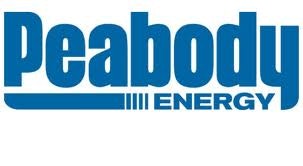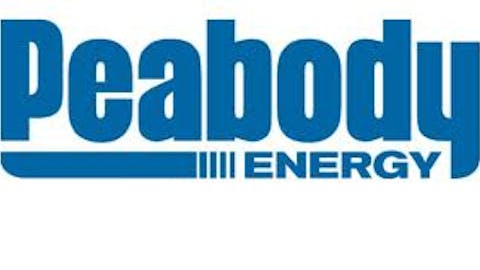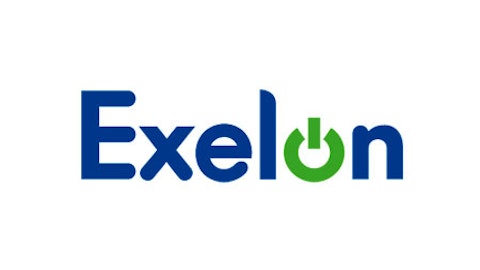Coal companies are still recovering from write downs, but slowly, the industry is coming back. Now, there are a number of companies trading at or below book value. Simply buying up the entire industry is not a good idea, but there are some miners that are trading at very attractive valuations.
BTU Price / Book Value data by YCharts
Thank the momentum effect
In the world of finance, there is a powerful phenomenon called the momentum effect. The stock market is not 100% efficient, and herding behavior causes stocks with negative returns to be pushed far below a reasonable price. Researchers have found that it is possible to make an excess return by buying past winners and selling past losers.
The coal industry
The momentum effect has been alive and well in the coal industry. Mine closures in the U.S. and tempered Chinese demand have sent coal stocks lower. America’s natural gas boom created unsustainably low natural gas prices, and coal demand fell like a rock.
Coal’s rebound story is quite simple. Natural gas prices are rising; dampening demand for new natural gas power plants. Japan’s Fukushima disaster has boosted demand for coal in nations like Germany. Also, India continues to grow and import more coal.
Where to invest
Peabody Energy Corporation (NYSE:BTU) is trading a price to book (P/B) ratio close to 1, but that does not automatically make it a poor value investment. Over the past five years, Peabody has held its value better than a number of its competitors, and with good reason. With a gross margin of 25.1%, Peabody has a superior cost structure. It recently closed its Air Quality Mine to improve its long-term profit.

Arch Coal Inc (NYSE:ACI) is trading at a much steeper discount, and with good reason. Its P/B ratio of around 0.32 must be considered within the context of its lower gross margin of 16.3% and expected losses for 2013 and 2014. The company is a U.S. miner and is stuck competing with overseas miners that enjoy lower shipping costs. In the Asian import market, there are also many low-cost Indonesian miners that can easily compete with imported U.S. coal.
Arch Coal Inc (NYSE:ACI)’s total debt to equity of 1.84 is significant, considering that the company is expected to lose money for a number of years. With its quick ratio of 2.2, it should be able to pay its bills for the time being, but in 2014, things may start becoming dicey.
Alpha Natural Resources, Inc. (NYSE:ANR) is similar to Arch Coal Inc (NYSE:ACI). Its lower total debt to equity ratio of 0.7 is tempered by its low quick ratio of 0.8. A low quick ratio means that the company has less cash in the bank to cover short-term obligations.
The vast majority of Alpha Natural Resources, Inc. (NYSE:ANR)’ mines are found in older areas, and its gross margin of 15.6% is significantly lower than Peabody Energy Corporation (NYSE:BTU)’s. Alpha Natural Resources’ older mines can be a pain to run, and recently, the company was forced to temporarily halt production at its Cumberland Mine due to geological difficulties. Older mines face falling yields and rising costs. Political and environmental constraints mean that it would be very difficult for the firm to sell its current mines and develop new ones in more cost effective regions.
Conclusion
Coal miners like Alpha Natural Resources, Inc. (NYSE:ANR) and Arch Coal Inc (NYSE:ACI) are trading in deep value territory with P/B ratios far below 1. The problem is that these companies are stuck with high cost mines and are expected to lose money for the next couple of years. Peabody Energy Corporation (NYSE:BTU)isn’t a deep value play as its P/B ratio is around 1, but it is much closer to profitability and a better play on growing Asian energy demand.
Joshua Bondy owns shares of Peabody Energy. The Motley Fool has no position in any of the stocks mentioned.
The article Coal Is Screaming Value originally appeared on Fool.com.
Copyright © 1995 – 2013 The Motley Fool, LLC. All rights reserved. The Motley Fool has a disclosure policy.






